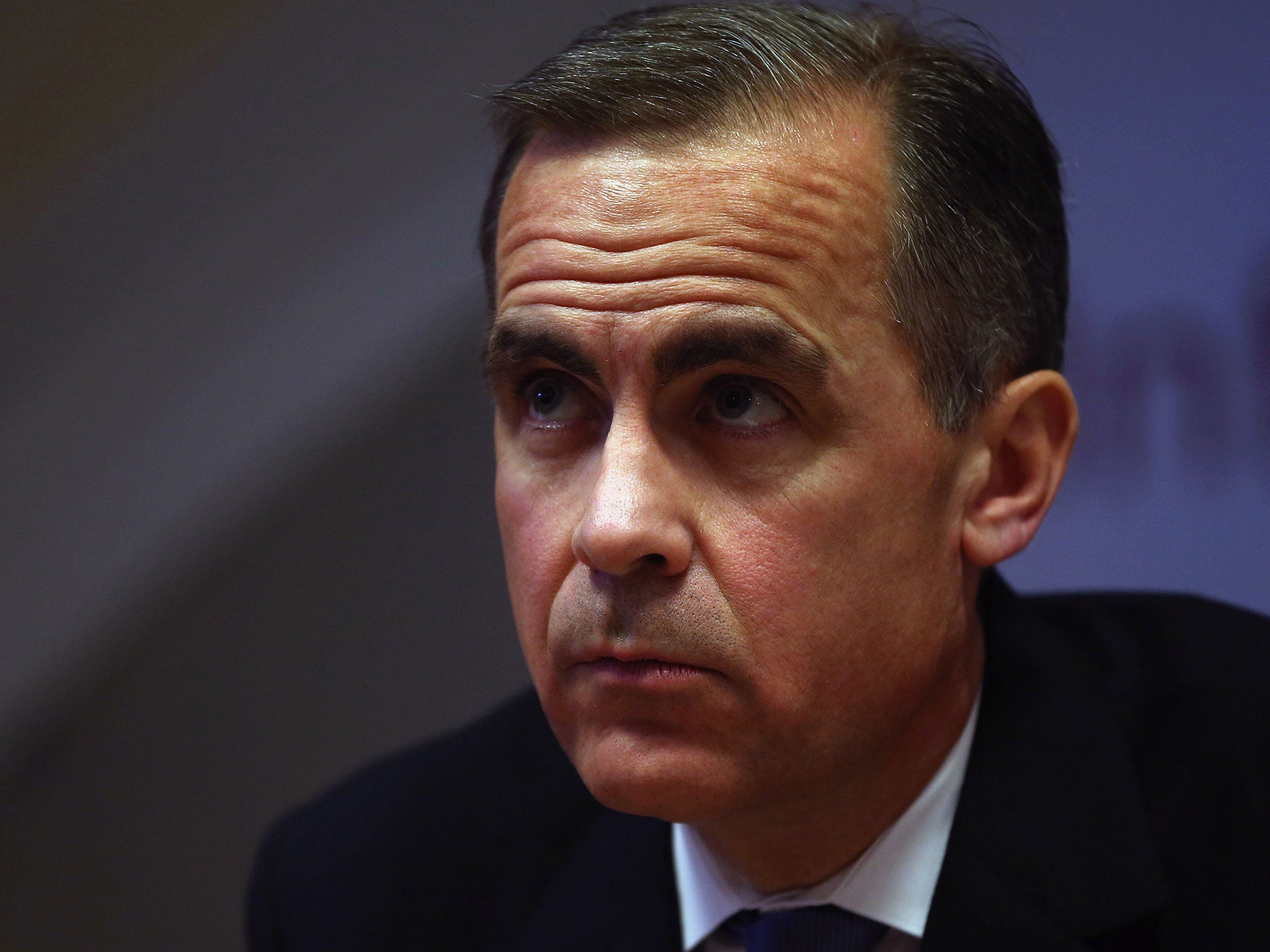Net lending to small companies fell again in the second quarter of the year, despite reforms to the Funding for Lending Scheme (FLS) designed specifically to boost the flow of credit to the sector.
Data released by the Bank of England showed that participating commercial banks collectively drew down £3.2bn in cheap funding from the scheme in the three months to June. Over the same period, however, net lending to companies declined by £3.9bn. Breaking that down further, the stock of loans to big corporates was £3.5bn lower, while lending to small and medium-sized enterprises (SMEs) fell by £435m.
Chuka Umunna, the shadow Business Secretary, said the figures showed that the Government’s policy was failing small companies.
“Despite scheme after scheme and promise after promise from ministers, profitable and successful businesses still can’t get access to the finance they need to start up and grow, which is acting as a brake on our economic progress” he said.
The Bank noted that the overall contraction in net lending to SMEs was smaller than in the first quarter of the year, when net lending slipped by £719m. It also stressed that the SME figures were negatively affected, once again, by banks reducing their exposure to small real estate companies.
However, analysts said the figures were disappointing, given that the Bank and the Treasury reconfigured the FLS last year in order to boost the financial incentives for SME lending this year.
“Many of these firms remain frozen out when it comes to accessing the finance they need to fulfil their potential,” said John Longworth of the British Chambers of Commerce. “These figures reiterate that much more needs to be done to fill major gap in the provision of SME finance.”
Net SME lending from Lloyds grew by £384m in the quarter and by £99m at Santander. Aldermore increased the net figure by £118m and Investec by £136m. However, these gains were offset by declines at Royal Bank of Scotland (£360m), Nationwide (£501m) and Clydesdale (£439m).
Other big players such as Barclays and HSBC are no longer participating in the scheme so the data provides no insight into their lending to small businesses.
Industry lobby groups such as the British Bankers’ Association have long argued that demand for borrowing among SMEs is weak. But organisations such as the Federation of Small Businesses claim the banks are structurally biased against SME lending.
“The principal roadblock lies within the banks themselves” claimed Ian Currie, director of the corporate finance adviser Seneca Partners.
“It’s the branch managers who have turned risk aversion into a mantra. With the knowledge that their neck would be on the line for any loans that go bad, some have even discouraged small businesses from applying.”
The FLS was launched in July 2012 and enabled banks to borrow money cheaply from the Bank of England on the condition that they increased their lending to British households and companies.
Last November, the incentives were refocused away from mortgage lending and towards business loans, in particular to SMEs.
Subscribe to Independent Premium to bookmark this article
Want to bookmark your favourite articles and stories to read or reference later? Start your Independent Premium subscription today.


Join our commenting forum
Join thought-provoking conversations, follow other Independent readers and see their replies